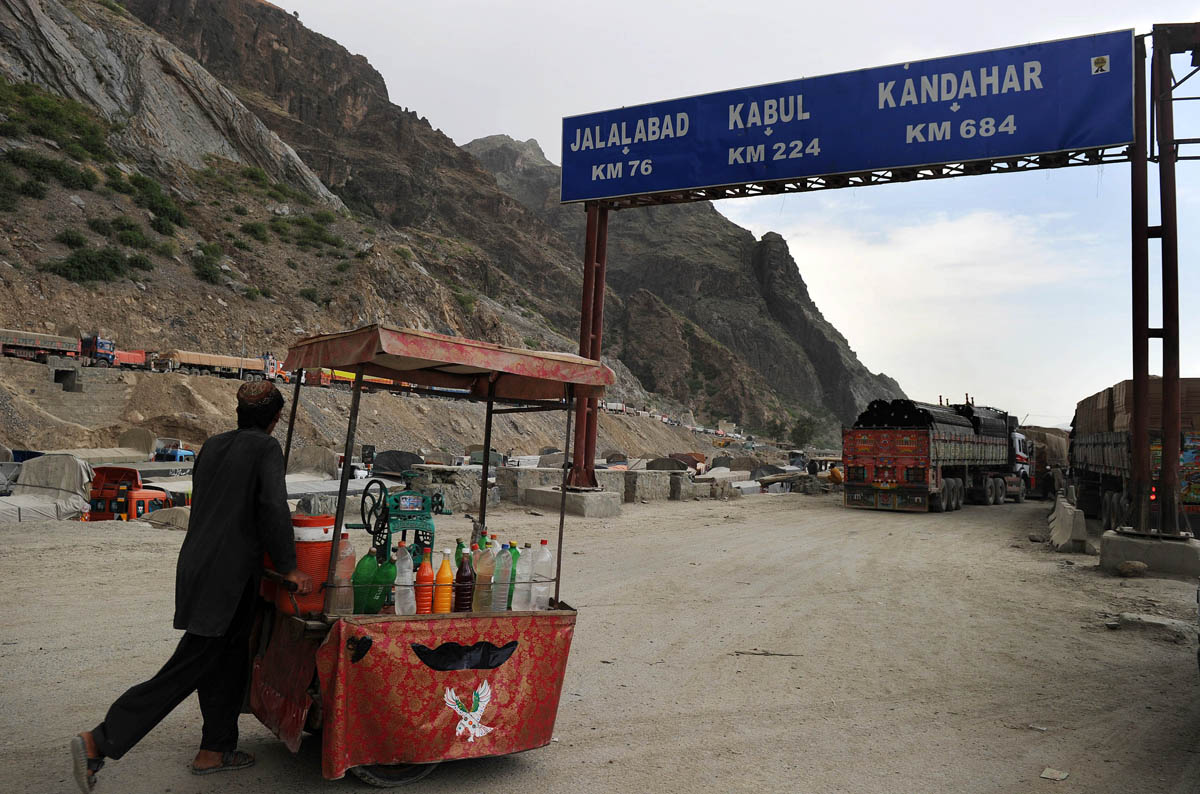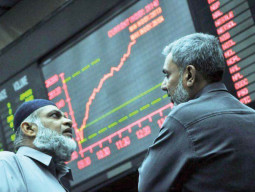
The request was made when a PAJCCI delegation met Commerce Secretary Younus Dagha at the Ministry of Commerce, according to a press release issued on Saturday.
PAJCCI Chairman Zubair Motiwala and Co-chairman Khan Jan Alokozai led the delegation. Motiwala reiterated the significance of economic ties between Pakistan and Afghanistan.
Pakistan had invited Afghan minister for commerce for a meeting in Islamabad in January 2018, although Kabul postponed the 7th APTTCA huddle indefinitely. The commerce secretary assured the delegation that Pakistan gave immense importance to the relationship with Afghanistan.
“The Ministry of Commerce desires to discuss all outstanding issues in bilateral and transit trade and has been working vigorously to remove impediments on the Pakistan side,” Dagha was quoted as saying in the press statement.
It was pointed out that draft text of the proposed Preferential Trade Agreement (PTA) had been shared with Afghanistan through diplomatic channels in 2014. However, Kabul’s response is still awaited.
Fencing along Pak-Afghan border in Chaman to begin soon
The delegation discussed problems relating to customs valuation, bonded carriers, regulatory duty, quarantine issues and visa hurdles faced by businessmen of both sides.
It was agreed that the visa regime in both countries should be improved by making categories like business visa and visit visa. For business visa, a PAJCCI recommendation letter should be made mandatory, so that it can authenticate the process and remove the irritants.
Alokozai acknowledged support of the Ministry of Commerce and assured Pakistan of arranging the APTTCA meeting and a bilateral ministerial sitting as soon as possible.
After recording a dip in fiscal year 2016-17, Afghanistan’s transit trade through Pakistan looks set to come back on track.
Trade reached $1.4 billion in the first six months (July-December) of the ongoing financial year, indicating the volume can jump to around $3 billion by the end of 2017-18.
Transit trade peaked at $3.46 billion in 2015-16, but it dropped to $2.87 billion in financial year 2016-17.
In 2012-13, trade had slumped to $1.46 billion from $3.12 billion in 2010-11. However, numbers show that the volume has hovered around $3 billion for the past few years.
Published in The Express Tribune, February 25th, 2018.
Like Business on Facebook, follow @TribuneBiz on Twitter to stay informed and join in the conversation.



1730959638-0/trump-(19)1730959638-0-165x106.webp)













COMMENTS
Comments are moderated and generally will be posted if they are on-topic and not abusive.
For more information, please see our Comments FAQ